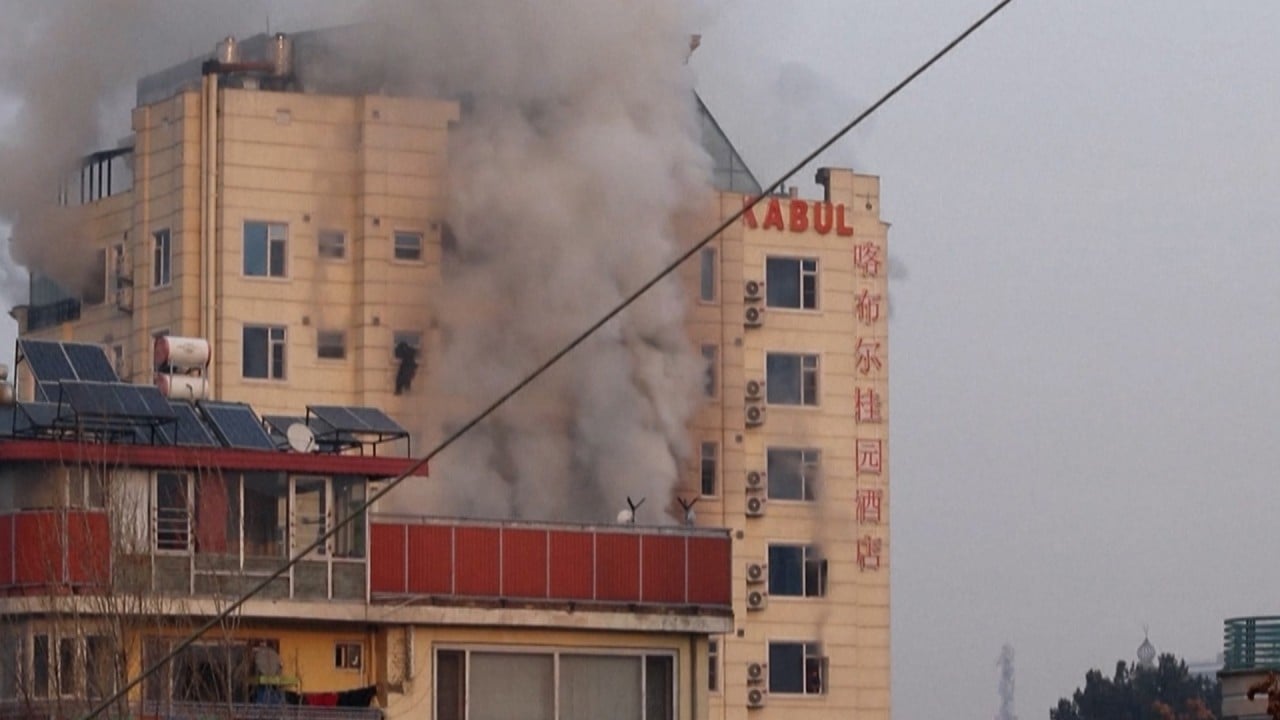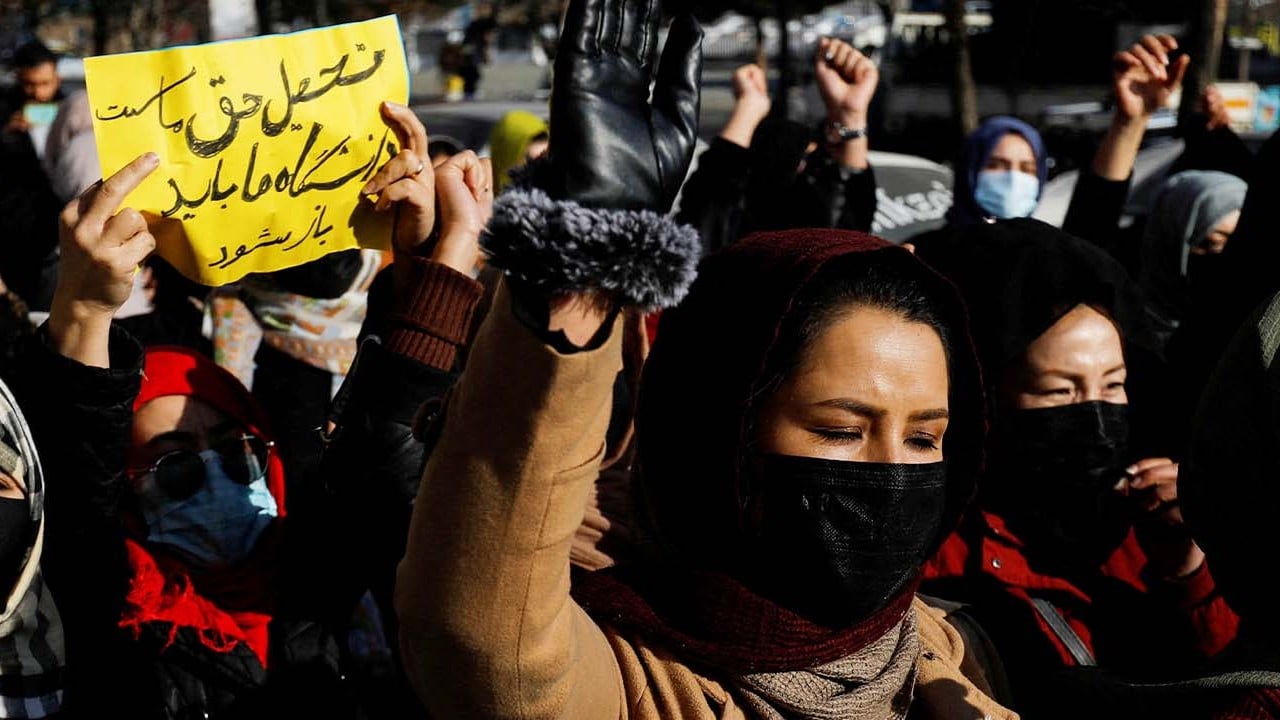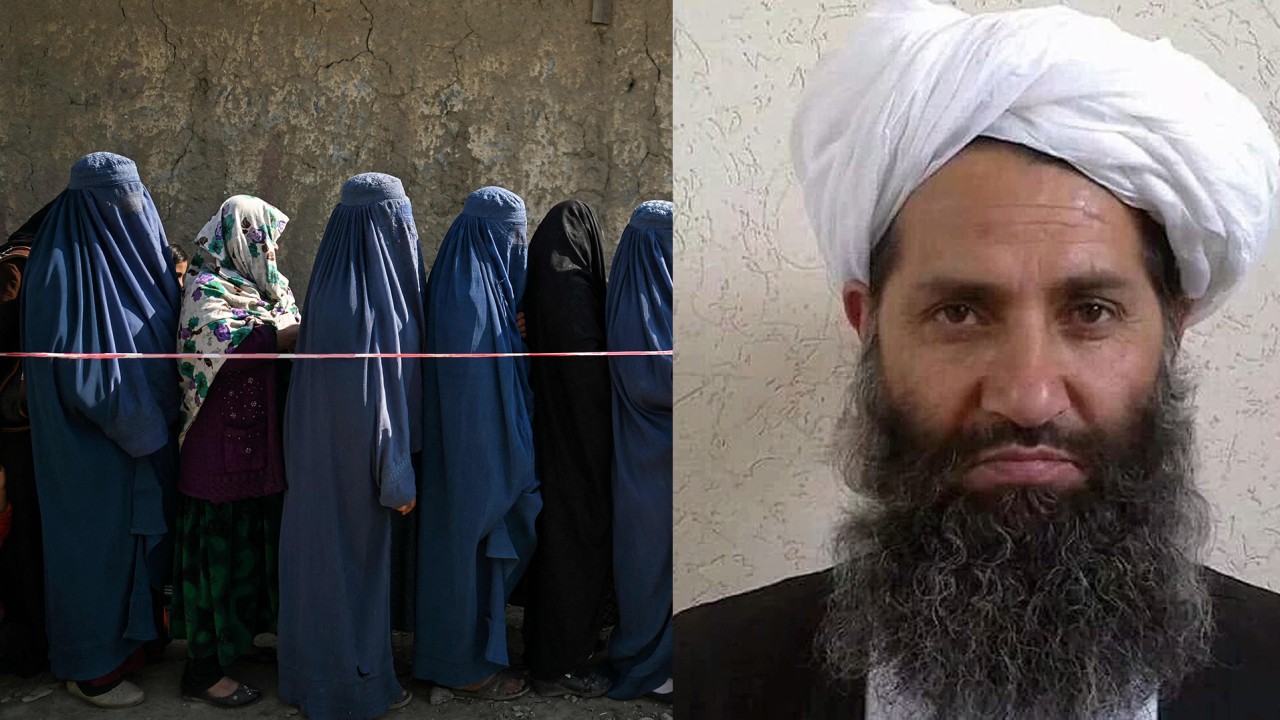
Why Isis offshoot is still a threat for China’s businesspeople in Afghanistan
- Despite Taliban assurances that security is ‘guaranteed’ for Chinese nationals and other foreigners, militant attacks likely to continue, observers say
- Isis-K claims it has legitimate reasons to attack China’s interests in the war-torn country
“I definitely expect … similar attacks in the future, against the interests of countries that are attempting to forge close relations with the Taliban regime,” said Faran Jeffery, deputy director and head of the South Asia terrorism desk at the Britain-based Islamic Theology of Counter Terrorism (ITCT).
“[Isis-K] has referred to China’s communist godless nature … its oppression of Uygur Muslims and its relationship with the Afghan Taliban as legitimate reasons to attack its interests in Afghanistan.”
Isis-K, an offshoot of the central Isis core group, rose to prominence in late 2014 in southern and eastern Afghanistan, according to independent policy research and advocacy institute the Midstone Centre for International Affairs (MCIA).
Jeffery said that in addition to China, Isis-K had also consistently targeted the Taliban’s relations with countries including Pakistan and Russia in its propaganda.
While China has not formally endorsed the Taliban as Afghanistan’s legitimate government, it was among the first to establish communications with the group and is one of the few countries to maintain a diplomatic presence there.
A high-level Taliban delegation travelled to Tianjin for a meeting with then Chinese foreign minister Wang Yi in July 2021, a month before the US completed its withdrawal from Afghanistan.
In return for its support for a Taliban-led government in Kabul, Beijing demanded a crackdown on the East Turkestan Islamic Movement (ETIM), which it blames for terror attacks in its far-western region of Xinjiang.
ETIM set up training camps in Afghanistan after fleeing Chinese crackdowns in Xinjiang in the late 1990s. The group has hundreds of members active in the provinces of Badakhshan, which partly borders Xinjiang. It is also present in Faryab and Nuristan provinces, as well as the capital Kabul.
China – which rejects allegations it is suppressing Uygur Muslims and describes its efforts in Xinjiang as deradicalisation – wants to secure its rugged 76km (47-mile) border with Afghanistan against terror threats and promote stability in the war-torn country.
The Taliban is hoping that China will help its administration gain international legitimacy and recognition, something Beijing has said will come “when conditions are ripe”.
Nishank Motwani, a fellow with the Harvard Kennedy School’s Edward S. Mason programme, said the targeting of Chinese nationals was aimed at hurting Taliban claims to legitimacy and raising doubts about security guarantees for foreign investors, diplomats and governments.
Such attacks show the Taliban does not exercise full control over the country’s security. He said Isis-K had showed its ability “to repeatedly strike protected targets”, indicating the regime’s inability to mitigate the threat.
“Isis-K is likely to execute more attacks against soft targets, which include Chinese nationals, because it amplifies their propaganda, humiliates the Taliban, and undermines the security environment that [will in turn] help them grow.”
The Chinese are believed to be the biggest group of foreign investors in Afghanistan, which is sitting on around US$1 trillion in unexploited minerals according to a US estimate in 2010 – resources that Afghanistan has said are worth three times as much.
The unexplored deposits include vast reserves of lithium, rare earths and copper – materials critical to the global green-energy transition.
In December, Reuters reported that 500 Chinese businesspeople had entered Afghanistan since the Taliban returned to power to look at business opportunities, though few had yet committed to investment.
Taliban spokesman Suhail Shaheen has repeated the regime’s pledge to guarantee the safety of Chinese nationals and other foreign investors in Afghanistan.
But Motwani said he believed the Isis-K threat was likely to grow, given “the range of terrorist organisations” in the country. These include al-Qaeda and ETIM, according to a UN Security Council report in May on the militant groups that remain in Afghanistan.
“[Such groups] … could be drawn to Isis-K to challenge the Taliban’s writ as a means to push for greater political and ideological change in Afghanistan and outside its borders,” Motwani said.
“Isis-K’s narrative on the Taliban is that its leadership is weak and is acquiescing to foreign demands, which justifies its targeting as the Taliban have deviated from their religious obligations.”
It is likely to be another difficult year for Afghanistan and its neighbours, according to the latest MCIA report, written by Jeffery and Shemrez Nauman Afzal.
The report said instability was expected to continue under Taliban rule, and not just because of security threats from Isis-K and nationalist rebel groups. Unemployment, poverty, ineffective governance and poor public services were rife, it said. There was also the country’s international isolation and local dissatisfaction with stringent Islamist laws, along with many other factors.
MCIA noted that protests by brave Afghan women and other dissenters were unlikely to sway the Taliban.
“For the Taliban, moving towards a more moderate approach would likely mean losing support from its hardliner members who would then likely defect to Isis-K,” it said.
According to Motwani, the Taliban is increasingly consolidating its rule without significant opposition and has elevated core conservative loyalists to positions of power “to resurrect a mirror image of their previous regime”.
“It would be a gross mischaracterisation to consider differences among certain Taliban groups as equivalent to there being significant divisions, as the Taliban are a cohesive organisation where loyalty and allegiance is the currency for survival and political power,” he said.
But appeasing its hardliners will definitely mean Afghanistan’s continued international isolation, according to the MCIA report.
“The Taliban is stuck in a Catch-22 situation: ever since it took charge of Kabul and announced an interim government in August 2021, it has been struggling with this dilemma,” it said.
“So far, the Taliban leadership has preferred keeping its hardliners in the group, preferring internal cohesion over international recognition.”




